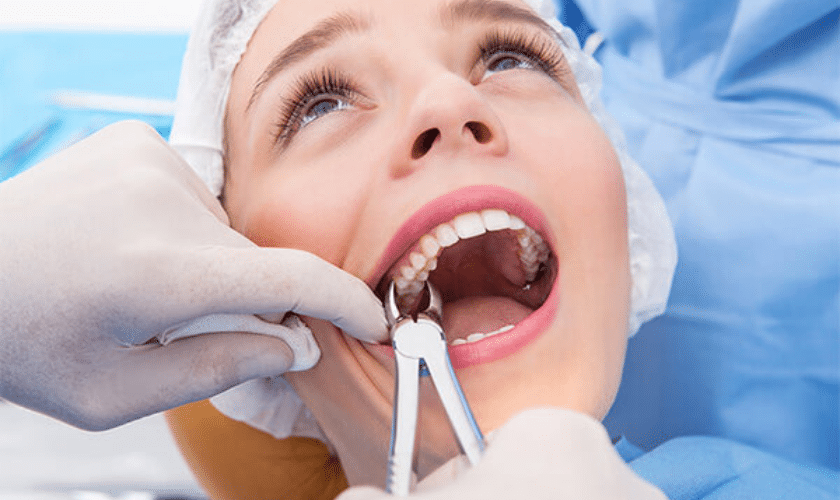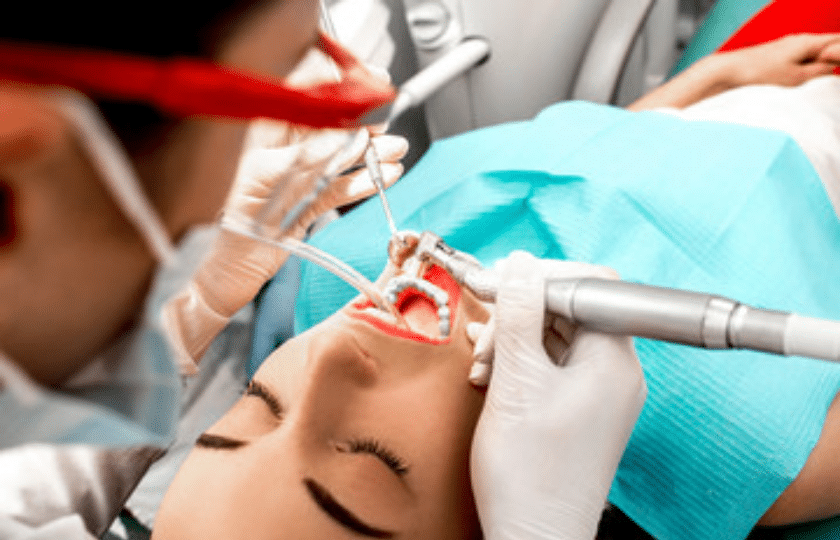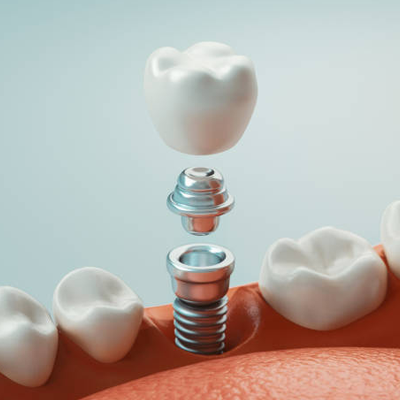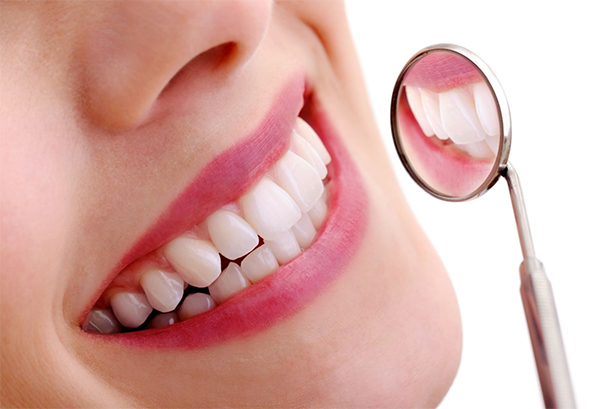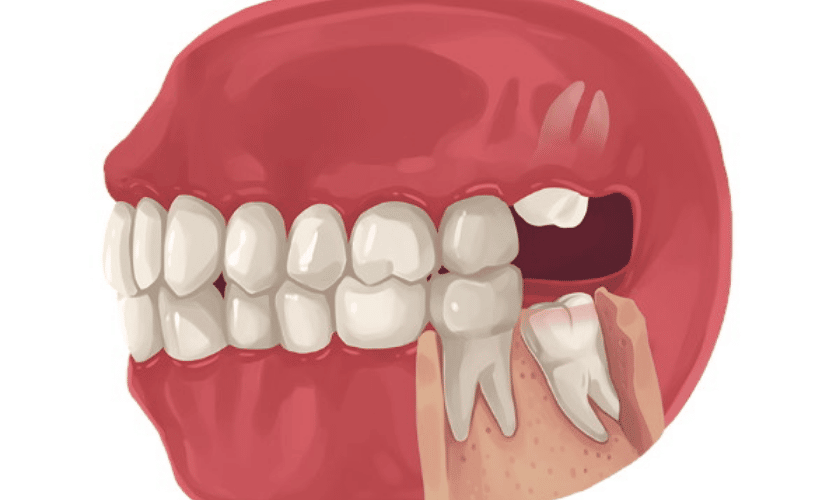
Wisdom develops with age. Especially wisdom teeth! Wisdom teeth emerge in late adolescence or early adolescence as the last set of molars emerge. When wisdom teeth are healthy and properly aligned, they can be a beautiful addition to the mouth; however, they are commonly misaligned and must be removed. They can be horizontal, inclined toward or away from the second molars, or tilted inward or outward, and they can cause damage to adjoining teeth, the jawbone, or nerves.
What are Wisdom Teeth?
Let us begin with an overview of wisdom teeth extraction. Wisdom teeth, also referred to as third molars, are the final ones to erupt. They usually emerge in late adolescence or early adolescence. However, eruptions in late adulthood are not uncommon. Wisdom teeth can be proven to be an asset if they erupt smoothly and without interruption. The issue with third molars is that if they do not erupt properly or are misplaced, they must be extracted. They can cause damage to neighboring teeth if they are not properly positioned.
Why Are They Being Removed?
The third pair of molars in your mouth is generally known as your wisdom teeth. They often appear between the ages of 17 and 25 and are detected on X-rays. The majority of people have to get them removed for one of the following reasons:
- They are impacted – Wisdom teeth may not come in normally because they are located so far back in your mouth. They can become stuck in your jawbone or gums, which can be uncomfortable.
- They approach from the wrong angle – They may put pressure on your other teeth.
- Your mouth isn’t big enough – Your jaw has no room for an extra pair of molars.
Benefits of Wisdom Teeth Extraction
A wisdom tooth extraction is the most common type of dental extraction. There are also some wisdom tooth myths that you may have heard. But there are several reasons why your Mckinney dentist may advise you to have your wisdom teeth removed, frequently before you have any difficulties. The following are some of the primary advantages of wisdom tooth extraction:
- Prevent inflammation and infection.
- Prevent problems from affecting surrounding teeth.
- Avoid cysts and malignancies.
- Improved dental health
- Extraction as a result of dental deterioration or damage
What should you do following a wisdom teeth extraction?
- Apply an ice pack on your face to reduce swelling and skin color changes.
- For a sore jaw, apply moist heat.
- To train your jaw, gently open and close your mouth.
- Consume soft foods such as pasta, rice, or soup.
- Consume plenty of fluids.
- Begin brushing your teeth on the second day. Avoid brushing up against any blood clots.
- Take the pain relievers or anti-inflammatories that your doctor has prescribed.
- If you develop a fever or if your pain or swelling does not improve, contact your doctor.
What should you avoid following a wisdom teeth extraction?
- Don’t drink through a straw. Sucking may loosen blood clots, allowing your mouth to heal.
- Don’t rinse your mouth too vigorously. Your doctor may advise you to gently rinse with saltwater.
- Consume no hard, crunchy, or sticky foods that may irritate your wounds.
- Don’t smoke. Smoking might harm your ability to heal.
We hope this blog has given you all of the necessary information regarding wisdom tooth extraction. Get in touch with us at Custer Creek Dental Care if you are looking for the best wisdom tooth extraction in Mckinney, TX.



